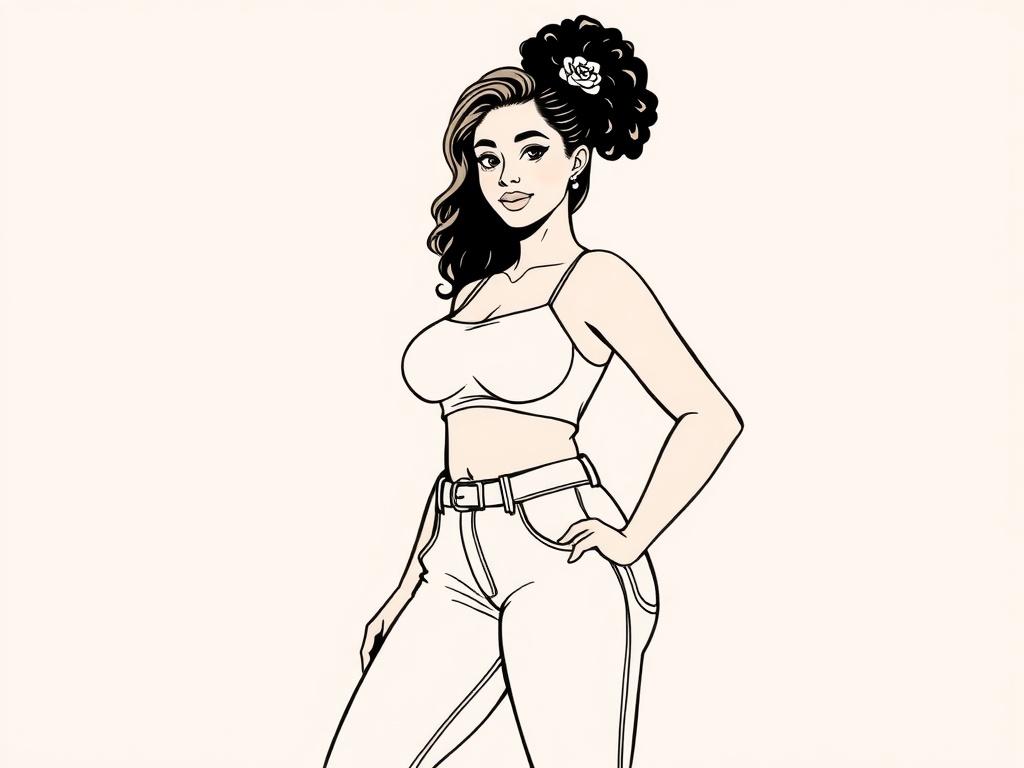
Body Image and Health: Redefining the Connection
In today’s world, conversations about health are often intertwined with discussions about appearance. From fitness ads to social media feeds, the message is loud and clear: to be “healthy” is to look a certain way. But this oversimplified equation between body image and health can be harmful. Health is far more complex than the reflection in the mirror, and learning to separate the two is essential for true well-being.
What Is Body Image?
Body image refers to how we see, think about, and feel toward our bodies. It can be positive, negative, or somewhere in between. While a positive body image is associated with greater self-esteem and healthier behaviors, a negative body image can lead to harmful patterns such as restrictive dieting, compulsive exercise, or disordered eating.
The Problem with Linking Body Image and Health
- Appearance ≠ Health
A person can look thin and be struggling with poor nutrition, chronic illness, or emotional distress. Another person may live in a larger body and maintain strong physical and mental health. Health cannot be measured solely by weight, shape, or size. - The Mental Health Factor
Constant body dissatisfaction has been linked to anxiety, depression, low self-esteem, and eating disorders. When the pursuit of health becomes entangled with the pursuit of a “perfect” body, mental well-being often suffers. - Social and Cultural Pressures
Media and cultural standards play a huge role in shaping body ideals. Unfortunately, these ideals are narrow, unrealistic, and often digitally altered. Chasing them can lead to a cycle of shame and self-criticism that undermines both physical and emotional health.
Rethinking Health Beyond Appearance
- Holistic Health: True health encompasses physical, emotional, social, and spiritual well-being.
- Behavior Over Body: Habits such as balanced nutrition, regular movement, adequate sleep, stress management, and meaningful social connections matter more than appearance.
- Self-Compassion: Research shows that practicing self-kindness leads to healthier lifestyle choices than self-criticism does.
Practical Steps to Improve Body Image While Supporting Health
- Practice Body Neutrality
Instead of forcing yourself to “love” your body, aim for neutrality: “This is my body, and it allows me to live my life.” Neutrality can feel more realistic and less pressured. - Focus on Function, Not Form
Appreciate what your body does—walking, hugging, creating, learning—instead of how it looks. - Curate Your Environment
Follow social media accounts that celebrate body diversity. Limit exposure to content that promotes unrealistic standards. - Seek Professional Support
Therapists, dietitians, and support groups specializing in body image can provide guidance for healthier self-perception and lifestyle habits.
A New Perspective
When we redefine health as something deeper than appearance, we give ourselves the freedom to pursue well-being without the burden of unrealistic standards. Cultivating a healthier body image doesn’t mean ignoring health—it means embracing it in a fuller, more compassionate way.
Because at the end of the day, health isn’t about striving to look a certain way. It’s about creating a life where your body and mind can thrive—together.